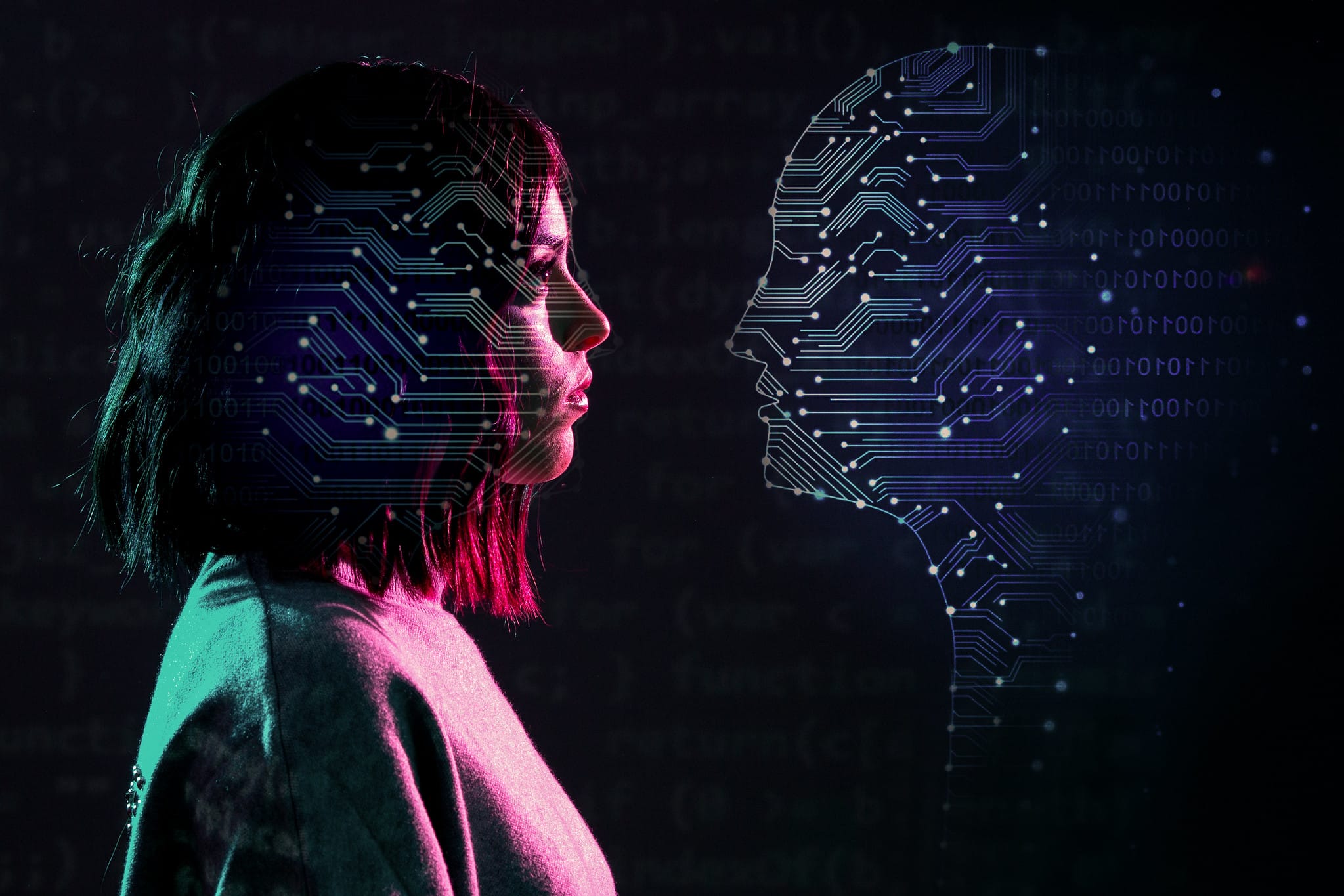

A new study suggests that artificial intelligence (AI) may have better emotional intelligence than humans, at least in written scenarios. The research was led by scientists at the University of Geneva and the University of Bern, with Dr. Katja Schlegel, a personality psychology expert at Bern, playing a key role.
Researchers tested six AI systems, including ChatGPT, to see how well they could handle emotional intelligence tasks. These tasks involved reading short stories about people in emotionally difficult situations, such as feeling ignored at work or dealing with anxiety, and then choosing the most helpful way to respond. This study was published in Communications Psychology.
One of the lead researchers, Dr. Marcello Mortillaro of the University of Geneva, said the AI tools didn’t just understand emotions, but also showed an ability to choose caring and thoughtful responses.
The results were striking. The AI tools answered correctly about 81% of the time. Human participants in previous studies typically scored around 56% on the same tests. Even when the AI models were asked the same question more than once, their responses remained consistent and emotionally sound.
Dr. Schlegel noted that the AI models matched the quality of tests developed by experts over many years. “They proved to be as reliable, clear, and realistic as the original tests, which had taken years to develop,” she said.
“People will always want to talk to a real human, not an AI.” I’m not so sure. And a new study shows why: AI now outperforms humans on five standardized emotional intelligence tests. In fact, it’s not even close—81% AI average versus 56% for humans. pic.twitter.com/QJGuRaxcgO
— Simon Smith (@_simonsmith) May 27, 2025
The study went a step further by asking ChatGPT-4 to generate new emotional intelligence quizzes from scratch. The tool quickly created stories and answer choices. More than 400 people tested these AI-made quizzes, and most said the questions felt realistic and well-designed. Although the content showed small differences compared to traditional tests, the overall quality held up well.
Researchers believe these tools could play a helpful role in education, team-building, and workplace coaching. For example, they could assist teachers or counselors in helping students understand emotions or guide workers through difficult conversations.
However, experts caution that while AI may help, it can’t replace human connection. The tools can spot emotion in text, but they don’t actually feel anything. They also struggle with things like body language, tone of voice, or sudden mood changes, factors that are often crucial in real-life conversations.
Another concern is transparency. AI doesn’t explain how it reaches its answers, making it hard to know whether it truly understands emotions or is just repeating patterns.
Still, the study shows that AI tools are getting better at reading emotional cues. While they won’t replace people, they may become useful partners in helping us respond more thoughtfully and kindly in our daily lives.
